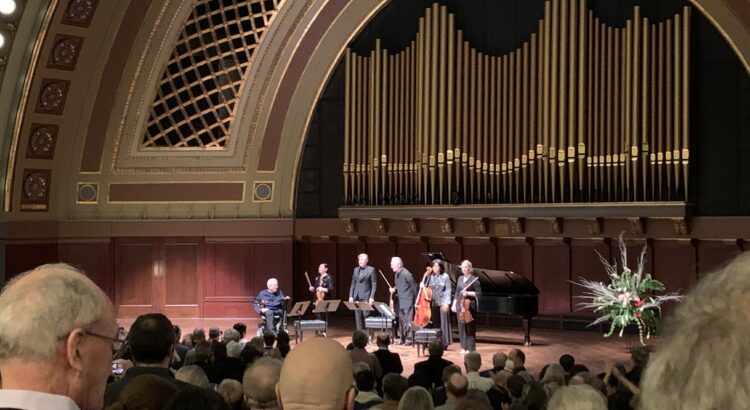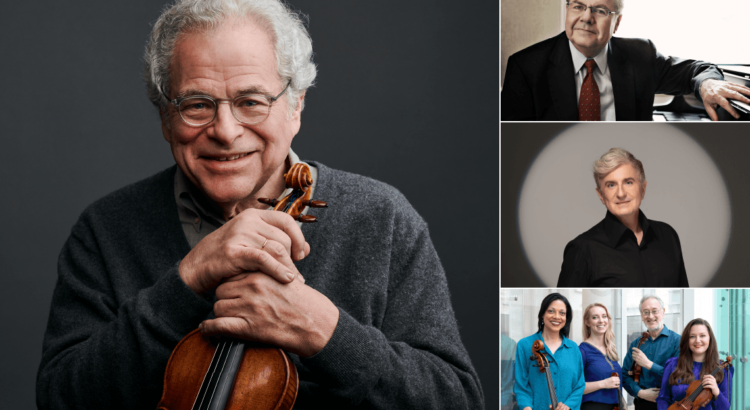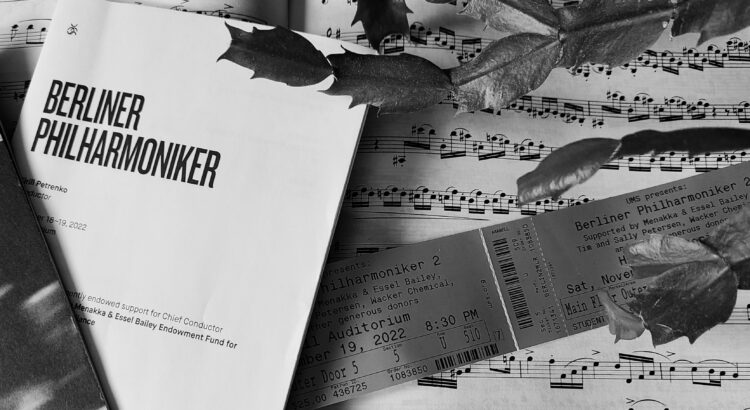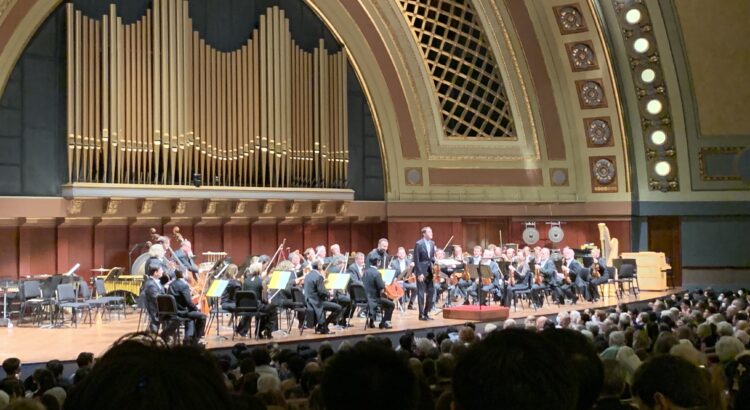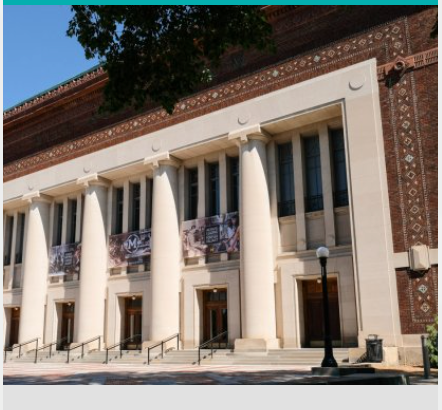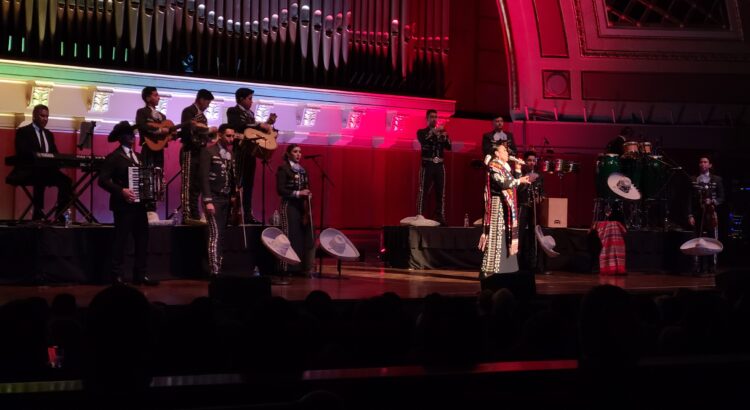By nature of the profession, musicians are extremely passionate people. Yet, Itzhak Perlman’s dedication and personality somehow stand out among the rest. At 77 years of age, Perlman continues to share his music with audiences across the globe with laid-back, freeform concerts and has no plans of stopping. I had the pleasure of witnessing his collaboration with fellow musicians Emanuel Ax, Jean-Yves Thibaudet, and the Julliard String Quartet in last Friday evening’s concert titled Itzhak Perlman and Friends. This special program will only be performed in two other locations: Toronto’s Roy Thomson Hall and NYC’s Carnegie Hall.
Because I’ve primarily only heard entire orchestras perform in Hill Auditorium, I was a little taken aback when Perlman and violinist Areta Zhulla strolled onstage to immediately launch into Jean-Marie Leclair’s Sonata for Two Violins in e minor. With the two voices alone, the performance felt very exposed–yet abundant chords, trills, and echoing melodies kept the piece satisfyingly rich. Perlman and Zhulla exhibited stunning coordination in articulation, playing with the same creaminess in melodic sections and crispy short notes in the faster parts. Following the piece, we were first introduced to Perlman’s playful practice of fist-bumping his fellow performers.
The next piece, Mozart’s Piano Quartet No. 2 in E-flat Major, featured Perlman alongside pianist Emanuel Ax, violist Molly Carr, and cellist Astrid Schween. Amidst the characteristic delicacy-with-underlying-energy Mozart sound, I felt Ax’s phenomenal ability to inject dynamics and subtle nuances into each phrase shined through in the performance.
Concluding the concert was Chausson’s Concert for Violin, Piano, and String Quartet featuring Perlman with pianist Jean-Yves Thibaudet and the Julliard String Quartet. This ended up being my favorite piece of the program due to the dramatic ebb and flow of sound and “pretty” quality. The piece plays with a bold, 3 note motif that melts into different passages with singing strings and underlying harp-like piano gymnastics. Perlman’s subtle use of emotional stylistic slides was the cherry on top.
Concerts like this remind me of the immense privilege we hold to experience world-class musicians brought to the university. I highly encourage students to keep an eye out for UMS’s future programming so they don’t miss these amazing opportunities!

